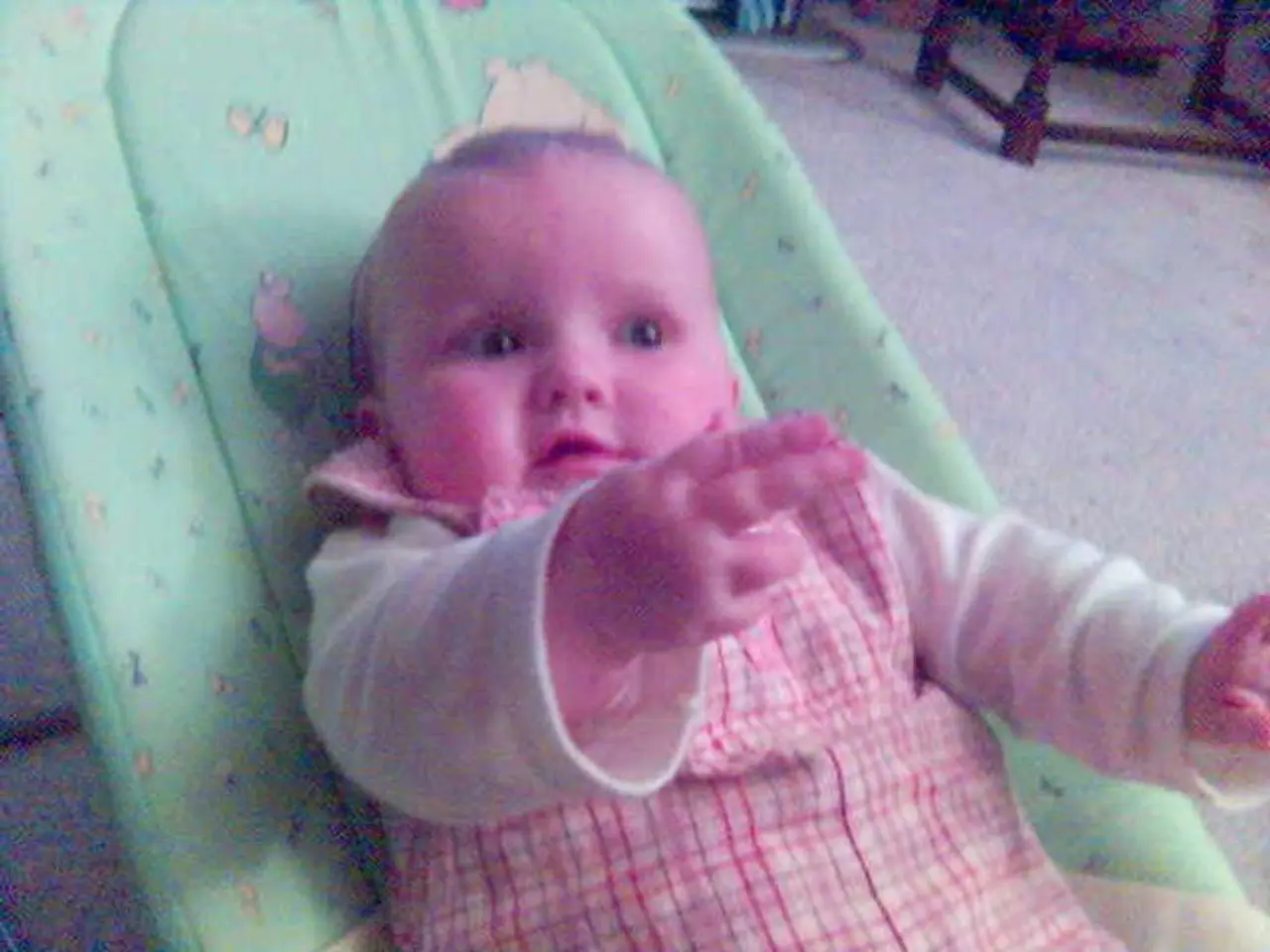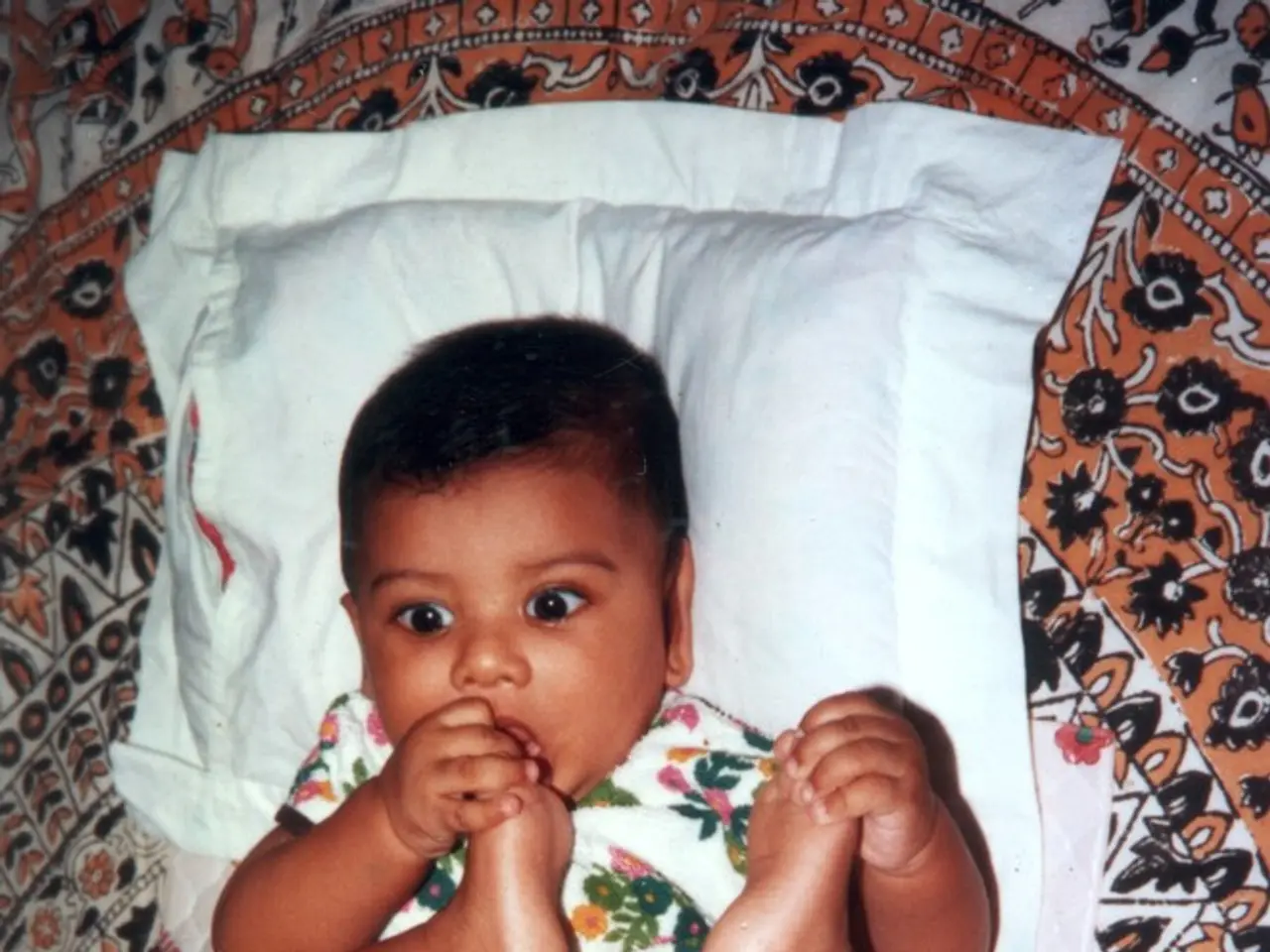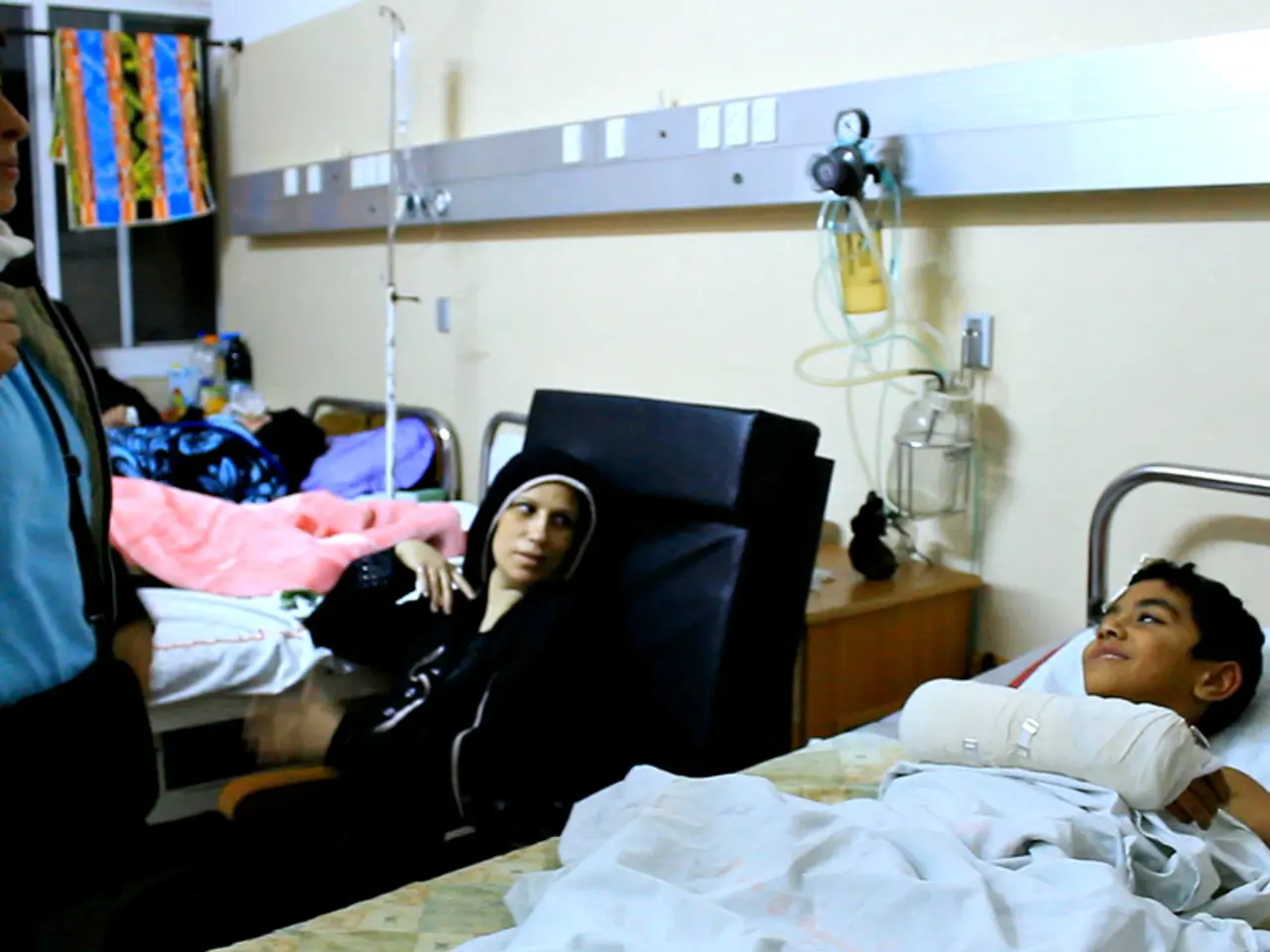Sensation in the Womb: Understanding Unborn Sensations
Pregnancy is a unique and transformative journey, and one of the most exciting milestones for expectant mothers is feeling their baby's first movements, known as baby flutters or quickening. This article aims to provide insights into the factors that influence the timing of feeling baby flutters during pregnancy.
In the early weeks of pregnancy, though the fetus is moving, these movements are too small to be noticeable. It's not until the second trimester that a woman will start to feel baby flutters, typically between 18 to 20 weeks. However, this timeline can vary among women, with some experiencing these sensations earlier and others later.
Several factors can influence the timing of feeling baby flutters. Women who have been pregnant before often feel the first flutters earlier, sometimes as early as 14 weeks, due to their previous pregnancy experience. On the other hand, first-time mothers usually feel movements later, around 18-22 weeks.
The position of the placenta, having twins or triplets, and a woman's body type can also affect when she feels the fetus move for the first time. For instance, an anterior placenta may cause a woman to notice movements later than a woman with a posterior placenta, while a woman carrying more than one fetus may feel movement at an earlier stage of the pregnancy. Petite women may also notice movement sooner.
The position during rest or sleep can also impact baby movements. Movements tend to increase when the mother is lying on her side (left or right) because blood flow to the baby improves. Conversely, the baby may be less active when the mother lies on her back.
As the fetus starts to run out of space, the feeling of movements will change, with more defined, sharp kicks and body parts pushing against the skin. Rhythmic movements lasting for a few minutes may indicate baby hiccups. A larger baby's movements can temporarily make it hard for the woman to breathe.
To monitor baby's movements, a woman should do a kick count, finding a similar time each day to relax and focus on the fetus's movements. At 28 weeks, a doctor will typically discuss kick counting with the woman. If a woman notices any changes in the fetus's movements, she should speak to a doctor immediately, as this could indicate a problem.
In conclusion, most women start feeling baby flutters between 16 and 22 weeks, with some variation based on the factors mentioned above. This milestone marks a significant step in the pregnancy journey, bringing the expectant mother closer to meeting her little one.
In some cases, the timing of feeling baby flutters might be influenced by factors such as previous pregnancy experience, as first-time mothers may feel movements later, typically around 18-22 weeks, while women who have been pregnant before might feel them as early as 14 weeks. Additionally, certain medical factors like the position of the placenta, having multiples, or a woman's body type could also impact when a woman feels the fetus move for the first time.




